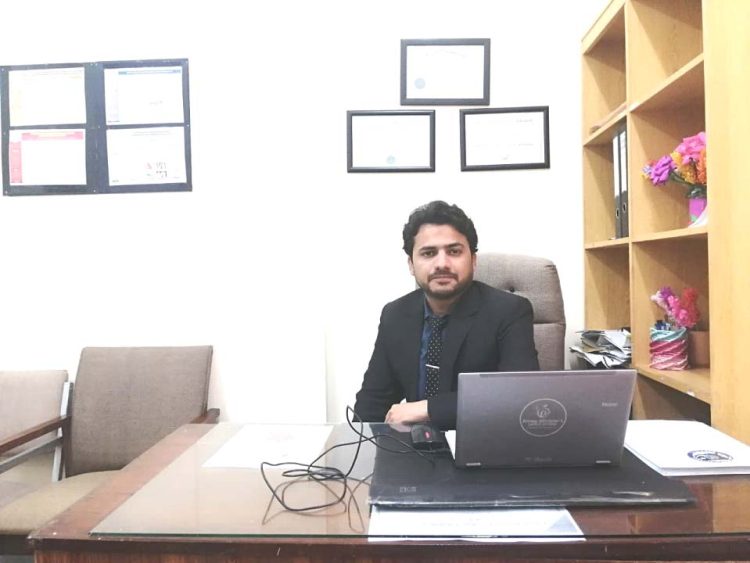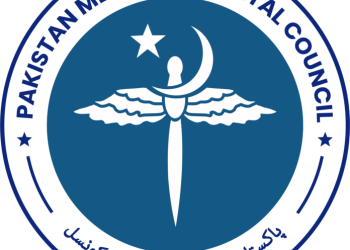Institute of Allied Health Sciences, Wah Medical College
Pakistan is currently facing a major public health challenge with diabetes. According to the International Diabetes Federation (IDF), an estimated 34.5 million people in Pakistan are living with diabetes—making it the third most affected country in the world. A large proportion of these individuals are either undiagnosed or misdiagnosed, resulting in delayed or inappropriate treatment and increasing the risk of serious health complications, such as kidney disease, heart attacks, and nerve damage.
A common issue in diabetes care is distinguishing between Type 1 and Type 2 diabetes. Inaccurate classification can lead to unsuitable treatment plans—for example, delaying necessary insulin therapy or prescribing ineffective oral medications. Such errors can negatively impact patients’ health, quality of life, and long-term outcomes.
To address this, a team of Pakistani researchers has developed a new, non-invasive diagnostic method that can accurately differentiate between Type 1 and Type 2 diabetes. The method uses a simple reliable Glucose Breath Test, combined with Mass Spectrometry (MS), to analyze specific metabolic markers found in exhaled breath.
The project was led by Dr. Shahid Aziz, Assistant Professor at the Institute of Allied Health Sciences, Wah Medical College.
“This breath-based test offers a faster, simpler, and pain-free way to help doctors determine the correct type of diabetes,” said Dr. Aziz. “It is especially valuable in clinical settings for effective and early diagnosis of diabetes types”.
This breakthrough was made possible through a multidisciplinary collaboration. Clinical support was provided by Dr. Wajahat Sultan Baig, Assistant Professor, and Prof. Dr. Muzamil Jamil, Head of the Department of Medicine at POF Hospital, Wah Medical College.
“In our clinical experience, it is often difficult to determine diabetes type early on. This tool can provide clarity and support more accurate treatment decisions from day one,” said Dr. Wajahat.
Prof. Dr. Muzamil Jamil added: “This research opens a new chapter in diabetes diagnosis. A breath-based test is not only convenient for patients but also represents a significant step forward in accurate diagnosis and timely treatment.”
Academic institutional and administrative leadership was provided by Dr. Ghulam Mustafa, Director of the Institute of Allied Health Sciences, Wah Medical College.
“This project reflects our commitment to high-impact research that improves clinical outcomes and addresses emergent healthcare challenges in Pakistan,” said Dr. Mustafa.
Compared to standard blood tests—such as HbA1c, fasting glucose, and antibody tests—this breath-based method has demonstrated higher accuracy in distinguishing the two types of diabetes during clinical evaluation. It is also more comfortable for patients, as it does not require blood samples or fasting.
The development of this test will be major step towards diagnosis and management of diabetes. It is imperative to mention that, further clinical studies are currently underway to validate its usage in hospitals and clinics across different regions of Pakistan.
Dr. Shahid Aziz
Leading Scientist & Assistant Professor,
Institute of Allied Health Sciences, Wah Medical College, Wah Cantt, Pakistan.
Email: [email protected]

















